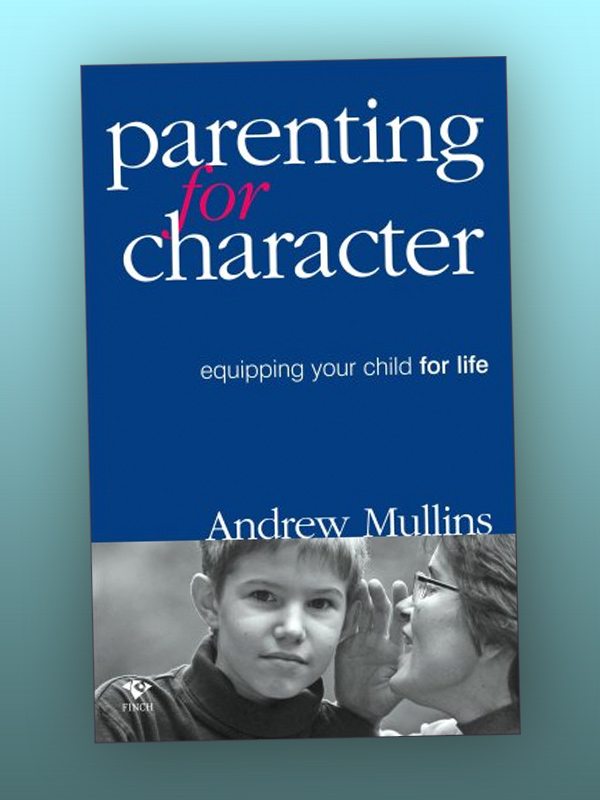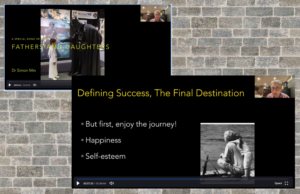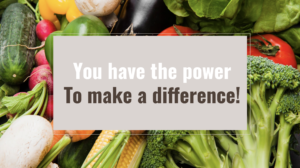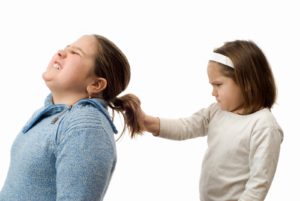Articles
Why good values alone aren’t good enough in parenting

My husband and I went to a really great parenting talk last week by educator Andrew Mullins from Australia… I liked it a lot, and not just because of his charming accent, which made everything sound so friendly and hopeful! It was very positive and practical, and focussed on 15 specific parenting tips or goals to consider in helping prepare your child for adult life. One of the things that struck me was that he emphasized the need to help your children build specific good habits, or virtues, that put together would give them strength of character and the ability to live well as adults.
Rather than focussing on trying to make them happy now, he encouraged parents to look ahead and help kids acquire the skills they will need to live as happy adults…things like honesty, courage, perseverance, generosity and a spirit of service. These virtues aren’t aquired simply by parents having good values themselves, although of course that’s important, too. But values without specific expectations to live up to them are like good intentions… nice but not necessarily effective.
“I meant to finish the dishes…but I got distracted…”
So it’s important to let your kids know what you expect and to follow up and make sure it happens. Inspecting their work makes sure it gets done and also gives kids a chance to feel proud when they’ve done it well and impressed you. It can be a lot of work to get kids to do chores, but feeling useful actually makes them happier in the long run.
Habits, Mullins explained, are formed by repeated actions, so if you want your kids to acquire them, you need to help them practice those good actions (like making their beds, completing a task, helping others) over and over.
It’s also good to explain to them why these things are important, so they can make their actions their own, and form their minds. So the key combination is a solid explanation and many opportunities to repeat the good action. Whether or not they like this action, for example helping with the dishes, doesn’t matter that much. What matters is that they get used to it, so that later, when they grow up, getting them done will be automatic.
Good parenting, explained Mullins, requires a balance between being affectionate (very important) and being sufficiently demanding.
 Usually we can lean more towards one or another, but a balance is important here. We want to help our kids grow and strive for greatness with a lot of affection and support, knowing how to help them do their best…without being either harsh or overly indulgent. Mullins, who I believe did his thesis in neural development and virtue acquisition, described how mirror neurons in young children help them learn by copying or mirroring what they see.
Usually we can lean more towards one or another, but a balance is important here. We want to help our kids grow and strive for greatness with a lot of affection and support, knowing how to help them do their best…without being either harsh or overly indulgent. Mullins, who I believe did his thesis in neural development and virtue acquisition, described how mirror neurons in young children help them learn by copying or mirroring what they see.
He joked that to see our kids worst defects, we had only to look in the mirror! But this goes for their virtues as well. Kids will copy what they see, therefor it’s of utmost importance that we strive to live well ourselves, and to do it with a smile! I really encourage you to check out his book, which has many more helpful tips, written in short, straightforward chapters for busy parents! My husband and I have been reading this book a little at a time together, and then taking a few notes about a concrete way we could apply this advice in our family life. We even had a family meeting to talk about it and make a plan together.







